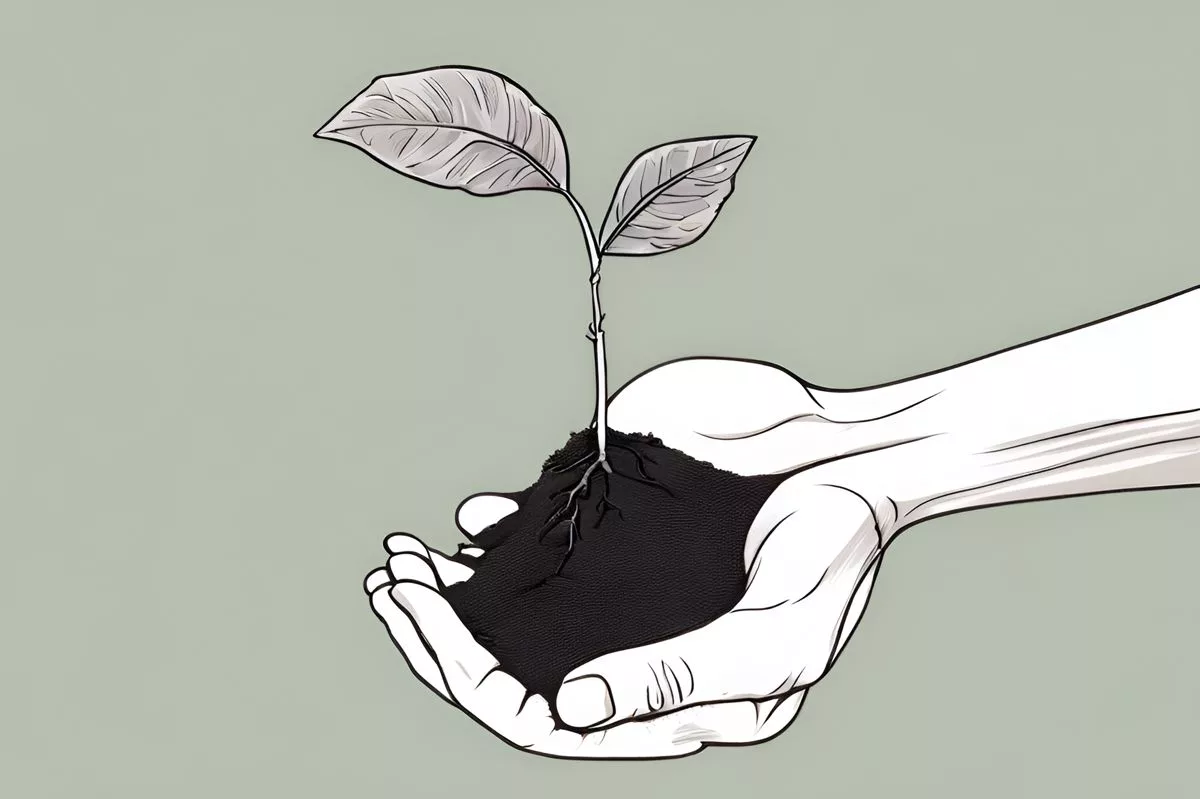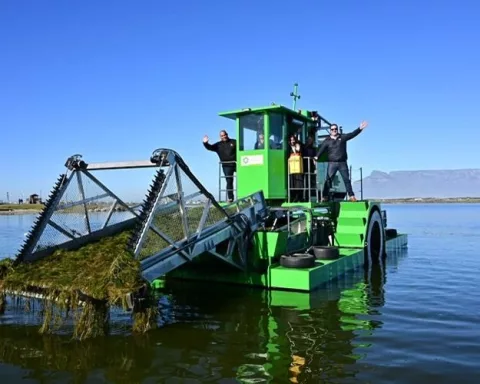SAFA, the South African Football Association, has been subject to an unexpected Hawks’ operation, with accusations against its current President, Dr. Danny Jordaan. This follows the publication of the Henderson report, which highlights financial mismanagement and corruption within the football association. SAFA has dismissed the report, but the raid and allegations have emphasized the need for transparency and accountability in the organization. Corporate sponsors could also pull their support, which could negatively affect the operations of SAFA.
Unmasking the SAFA Scandal: A Comprehensive Analysis of the Hawks’ Probe, Accusations, and Repercussions. SAFA has been the subject of an unexpected Hawks’ operation, with accusations against its current President, Dr. Danny Jordaan. This follows the publication of the Henderson report, which highlights financial mismanagement and corruption within the football association. SAFA has dismissed the report, but the raid and allegations have emphasized the need for transparency and accountability in the organization.
Section 1: The Unanticipated Hawks’ Operation
The South African Football Association (SAFA) finds itself in the limelight, but not for the right reasons. It was the recipient of an unexpected operation carried out by the Serious Commercial Crime Investigation unit of the Hawks. Colonel Katlego Mogale, the South African Police Services spokesperson, brought the news of this operation to the public’s attention. He made it clear that the Hawks executed the operation on a Friday morning.
The unexpected raid is set against the backdrop of a developing scandal involving Dr. Danny Jordaan, the current President of SAFA. As per Mogale, accusations against Jordaan stretch over a four-year timeframe, from 2014 to 2018. During this time frame, it’s alleged that Jordaan exploited SAFA’s resources for his benefit in a questionable manner. The alleged misconduct includes the unauthorized hiring of a private security firm and a Public Relations agency, circumventing required board approval.
Jordaan’s purported actions have reportedly cost SAFA an estimated loss of around R1.3 million, resulting in a violation of SAFA statutes. The operation led to confiscation of several items that included a laptop, external hard drives, a USB stick, and a substantial quantity of documents.
Section 2: Supporting Testimonies and The Henderson Report
This operation is a subsequent event arising from accusations made by Malesela Mooka, a member of the SAFA national executive committee. The statements made by Lucas Nhlapo, a former vice president and chair of the SAFA audit and risk committee, along with Dennis Mumble, a former SAFA CEO, corroborate Mooka’s allegations.
The recent raid is significantly linked to the publication of the Henderson report that has caused a stir in the football association. This document, written by forensic investigator Bart Henderson, paints a picture of rampant corruption within SAFA, implicating Jordaan and other members. The report claims that corruption and fraud have plagued SAFA for over a decade, also highlighting financial mismanagement, discrepancies in financial reporting, hidden expenses, and insufficient financial controls.
Regardless of SAFA dismissing the Henderson report as grossly erroneous, the report has nevertheless drawn the attention towards the Association’s operations. It offers a comprehensive account of allegations that have plagued the football body since at least 2011, when investigations revealed that manipulation marred the national team’s matches leading up to the 2010 Fifa World Cup.
Section 3: SAFA’s Rebuttal and Potential Ramifications
SAFA responded quickly, with its CEO Lydia Monyepao dismissing the Henderson report as a made-up story and threatening legal action. Monyepao emphasized the need to safeguard the SAFA brand. She voiced her fears that such allegations could potentially derail discussions with corporate sponsors who play a vital role in funding their projects.
The implications of these accusations and the subsequent raid reach further than just the directly involved parties. Should corporate sponsors decide to pull their support due to the unfavorable publicity, it could negatively affect the operations of SAFA. As Monyepao succinctly put it, “Meaning that we do not have sufficient funds to do the various programs that we need to do”.
Section 4: The Need for Transparency and Accountability in SAFA
Ultimately, the recent raid alongside the investigation by the Hawks, combined with the allegations laid out in the Henderson report, have underscored the need for transparency and accountability in South Africa’s football governing body. In an industry riddled with ongoing scandals, the importance of upholding integrity in the world’s most popular sport is even more vital.
1. What is the SAFA scandal, and what led to the Hawks’ operation on SAFA?
SAFA, the South African Football Association, has been subject to an unexpected Hawks’ operation, with accusations against its current President, Dr. Danny Jordaan. This follows the publication of the Henderson report, which highlights financial mismanagement and corruption within the football association.
2. What are the allegations against Dr. Danny Jordaan, and how long do they stretch?
The accusations against Danny Jordaan stretch over a four-year timeframe, from 2014 to 2018. During this time frame, it’s alleged that Jordaan exploited SAFA’s resources for his benefit in a questionable manner. The alleged misconduct includes the unauthorized hiring of a private security firm and a Public Relations agency, circumventing required board approval.
3. What is the Henderson report, and what does it say about SAFA?
The Henderson report, written by forensic investigator Bart Henderson, paints a picture of rampant corruption within SAFA, implicating Jordaan and other members. The report claims that corruption and fraud have plagued SAFA for over a decade, also highlighting financial mismanagement, discrepancies in financial reporting, hidden expenses, and insufficient financial controls.
4. How did SAFA respond to the accusations and the Henderson report?
SAFA dismissed the Henderson report as grossly erroneous, with its CEO Lydia Monyepao threatening legal action. Monyepao emphasized the need to safeguard the SAFA brand. She voiced her fears that such allegations could potentially derail discussions with corporate sponsors who play a vital role in funding their projects.
5. What are the potential ramifications of these accusations and the subsequent raid on SAFA?
Should corporate sponsors decide to pull their support due to the unfavorable publicity, it could negatively affect the operations of SAFA. As Monyepao succinctly put it, “Meaning that we do not have sufficient funds to do the various programs that we need to do.”
6. What is the need for transparency and accountability in SAFA, and why is it important?
The recent raid alongside the investigation by the Hawks, combined with the allegations laid out in the Henderson report, have underscored the need for transparency and accountability in South Africa’s football governing body. In an industry riddled with ongoing scandals, the importance of upholding integrity in the world’s most popular sport is even more vital.








